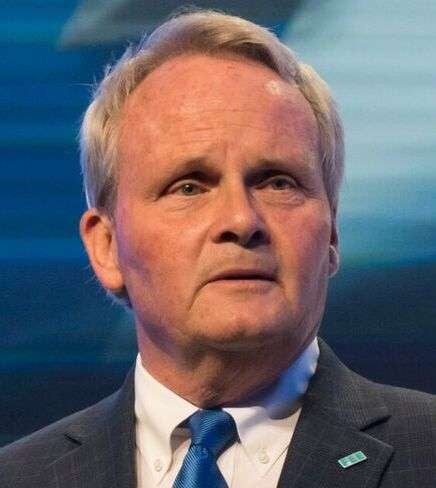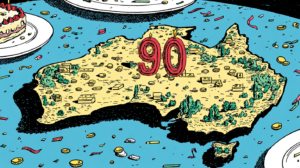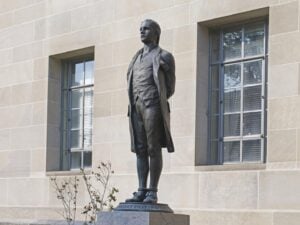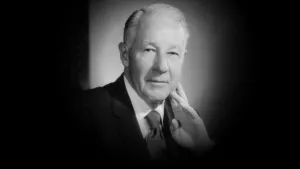Fill out the form below to get your own free, downloadable copy of When Money Goes Bad!
Introduction
Inflation—the systematic expansion of the money supply followed by the depreciation of money’s value—takes something good and valuable and turns it bad. When inflation becomes hyperinflation, just about everything goes bad. A healthy economy devours itself and standards of living plummet. Why on earth would any government ever embark upon such destruction?
Governments inflate because their appetite for revenue exceeds their willingness to tax or their ability to borrow. At first, it may seem to be a relatively painless way to fund a deficit, please the mob, wage a war, or pay its debts. But inflation is a form of dishonesty, of cheating, of stealing. It never ends well.
British economist John Maynard Keynes was an influential charlatan in many ways, but he nailed it when he wrote this in his 1919 book, The Economic Consequences of the Peace:
Lenin is said to have declared that the best way to destroy the capitalist system is to debauch the currency. By a continuing process of inflation, governments can confiscate, secretly and unobserved, an important part of the wealth of their citizens. By this method they not only confiscate, but they confiscate arbitrarily; and, while the process impoverishes many, it actually enriches some. The sight of this arbitrary rearrangement of riches strikes not only at security but [also] at confidence in the equity of the existing distribution of wealth. . . .
As the inflation proceeds and the real value of the currency fluctuates wildly from month to month, all permanent relations between debtors and creditors, which form the ultimate foundations of capitalism, become so utterly disordered as to be almost meaningless, and the process of wealth-getting degenerates into a gamble and a lottery.
Lenin was certainly right. There is no subtler, no surer means of overturning the existing basis of society than to debauch the currency. The process engages all the hidden forces of economic law on the side of destruction, and does it in a manner which not one man in a million is able to diagnose.
The collection of essays previously published by the Foundation for Economic Education recounts many historical examples of extreme inflation. But anyone who believes it’s all in the past and can’t happen again (it’s happening right now in 2018 in places like Venezuela and Zimbabwe), should think again. Given the same ideas, policies and circumstances that produced it so frequently in the past, it can surely reappear—anywhere.
—Lawrence W. Reed
President
Foundation for Economic Education
Atlanta, GA
March 2018





